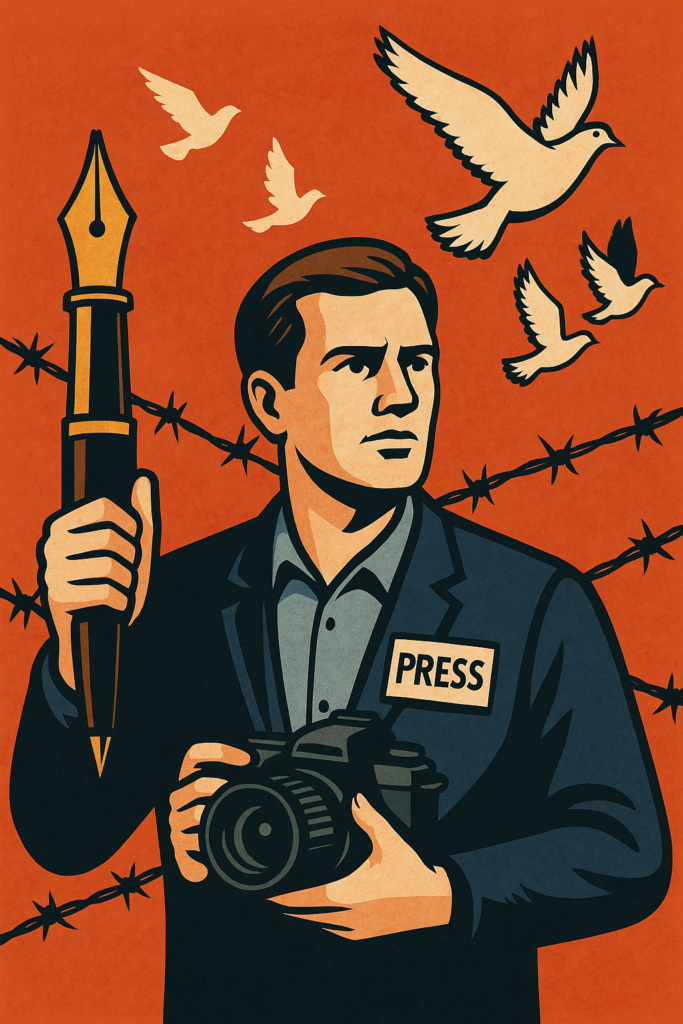World Press Freedom Day is not just a date on the calendar—it is a global call to action, a celebration of the unyielding courage of journalists, and a powerful reminder that freedom of expression is a fundamental human right. This day, observed annually since 1993 under the aegis of the United Nations, underscores the role of a free and independent press as the backbone of democratic societies.
The 2025 theme, “Journalism in the Face of the Environmental Crisis”, reflects the urgent need for fact-based, investigative environmental reporting to combat disinformation, hold polluters accountable, and amplify the voices of affected communities. As climate change and ecological degradation reshape our world, journalists are stepping into increasingly dangerous terrain—exposing illegal mining, deforestation, and corporate environmental crimes.
But while journalism is a public good, it is under siege. According to global watchdogs like Reporters Without Borders, over 350 journalists are currently imprisoned worldwide, many for simply doing their job. Others face online harassment, violence, censorship, financial pressure, and legal threats designed to silence their voices. World Press Freedom Day honors these individuals—not just for their work, but for their unwavering belief that truth is worth defending.
Why World Press Freedom Day Matters:
- It Defends Democracy: A free press ensures that governments remain accountable, citizens stay informed, and power is checked by truth.
- It Honors Sacrifice: Many journalists have been harassed, jailed, or killed for their reporting. This day remembers them and their commitment to justice.
- It Empowers the Public: Access to reliable information allows people to make informed choices about health, politics, climate, and society.
- It Challenges Injustice: From corruption to human rights abuses, journalism exposes the truths that others want hidden.
- It Encourages Young Voices: Celebrating this day inspires future generations of reporters to stand up for ethics, facts, and freedom.
Global Perspective:
- Countries with vibrant, independent media tend to have lower corruption, stronger human development, and better crisis management.
- Nations with suppressed media often see human rights violations, misinformation epidemics, and autocratic control.
- The rise of AI-generated fake news and digital surveillance has made press freedom a frontline battle for digital integrity in the 21st century.
Inspiration in Action:
- In Afghanistan, women journalists continue to report despite extreme repression.
- In Africa, community radio stations are educating citizens about health and elections.
- In India, rural and independent digital news platforms are reaching millions with local stories and investigative journalism.
Press freedom is not about media alone—it’s about every citizen’s right to know, question, and participate in society. It is the difference between silence and justice, between propaganda and truth, between fear and freedom.


